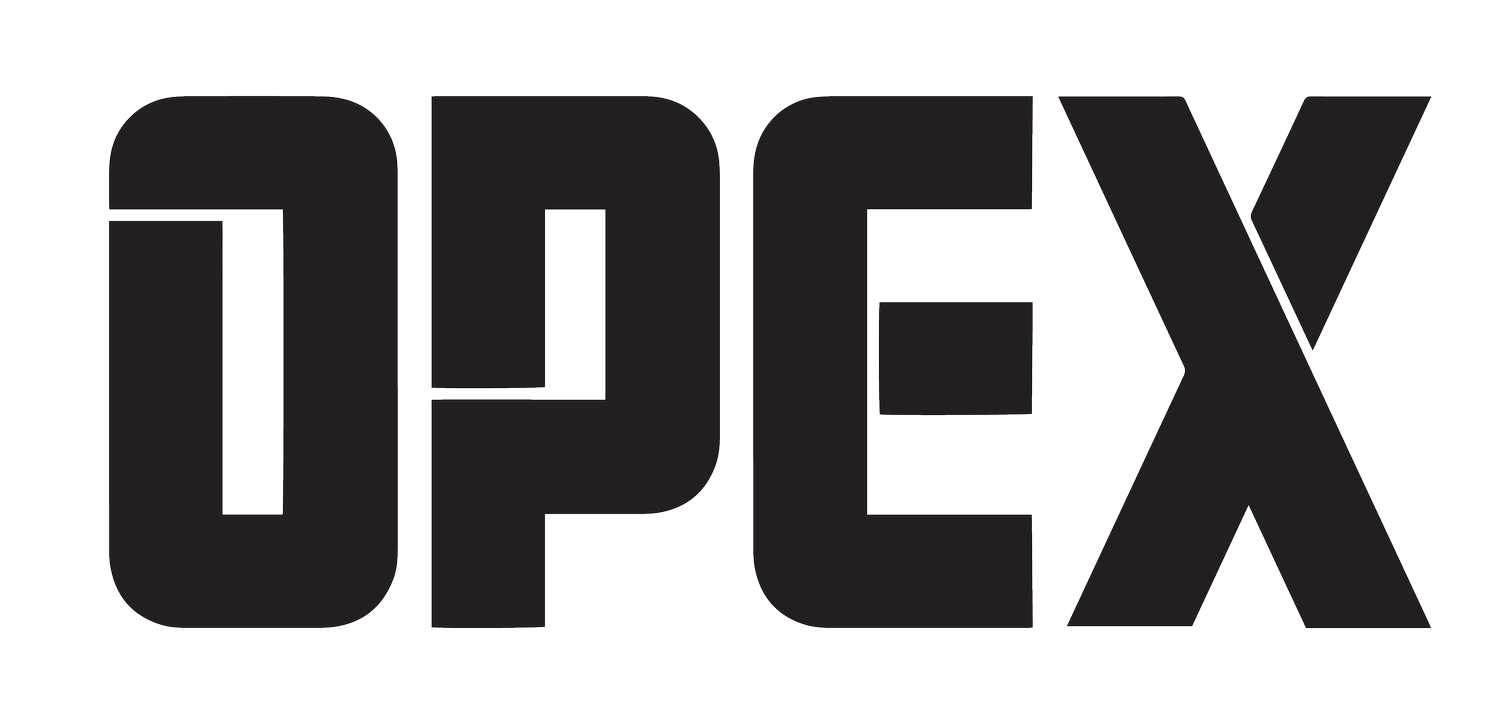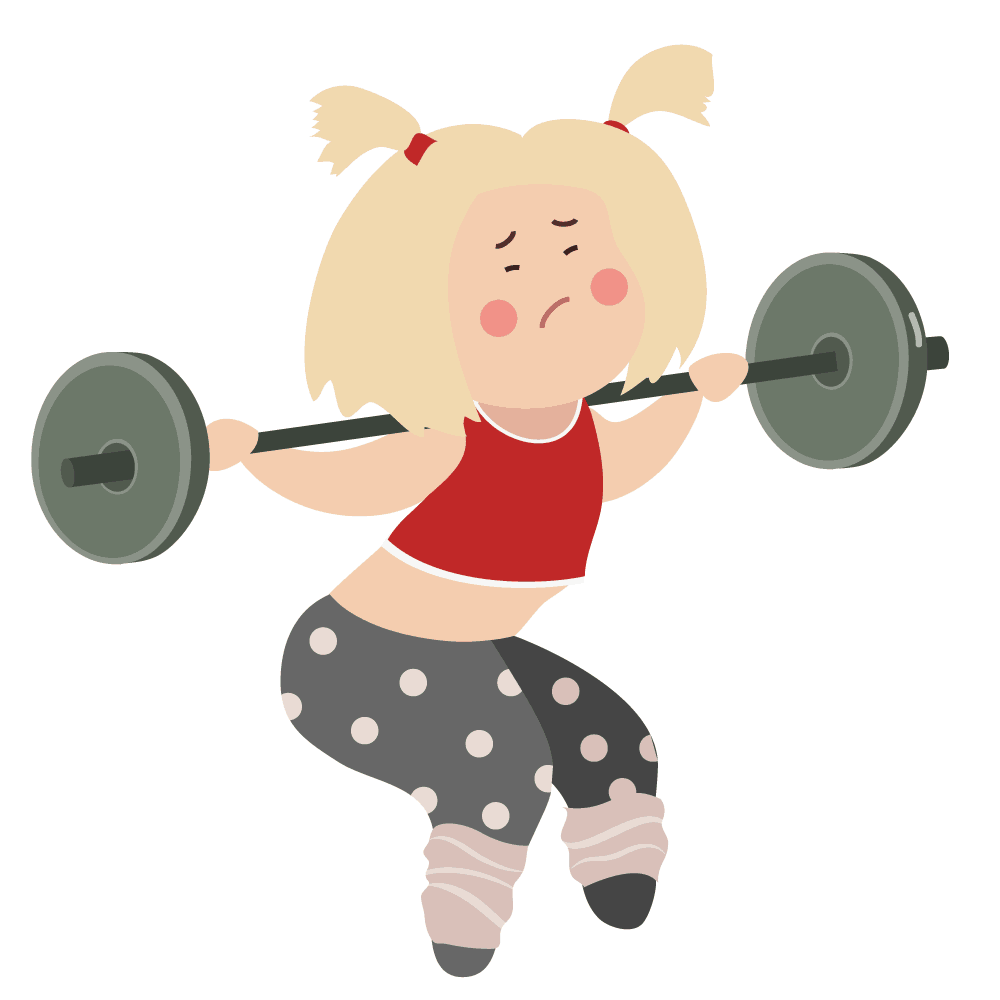LIKE A BOSS
Why the best coaches empower their clients to take charge of their own fitness
“You can’t drag people from understanding to action. A customer isn’t actually at the last mile if you’re the one dragging them to the finish line.”
– Thomas P.M. Barnett
Much of a coach’s success hinges on their ability to produce results for clients and athletes. Because of this, many coaches assume that taking direct control of their clients physical journey will ensure both the client’s success and also the growth of their coaching reputation. After all, as the old adage goes, if you want something done right, you have to do it yourself.
However, it’s unlikely you will ever succeed as a coach if you never provide opportunities for your clients and athletes to take ownership of their own journey in fitness.
Anyone who’s ever had a pushy parent or coach knows that pushiness only goes so far to driving ones desire to improve their fitness. Interestingly, this is borne out by many research studies.
One such study was conducted by Damon Centola, an Associate Professor at Penn’s Annenberg School and the School of Applied Sciences, determined that there is such a thing as “too much” motivation.
The participants of the study were divided into four separate groups to monitor how various types of social networks and sources of motivation impacted their exercise behaviors. The researchers found that giving people too much support often sabotaged their enthusiasm and determination to be more active or even chase their goals.
Similar observations can be made about elite fitness athletes. Groups that performed the best, the Champions, reported that their coaches were helpful in setting their training agenda, managing expectations and advocating the long game and that this kind of gentle support encouraged them to become self-directing and self-motivated which made all the difference when it came to long term commitment to their sport.
What can you take from this research and observations?
Simple: give your clients the right amount of support and let them take ownership of their fitness. Not only does this enable your clients to take responsibility for their own progress toward their goals, it allows for powerful moments of self discovery, growth, and personal fulfillment in their fitness journeys
Your role as a coach is to act as the guide and keep the client accountable to their own choices and decisions. The level of support may differ from client to client. Give them the support they need to grow and develop, but don’t stifle them.
Being a guide is just one of the five habits of a professional coach.



